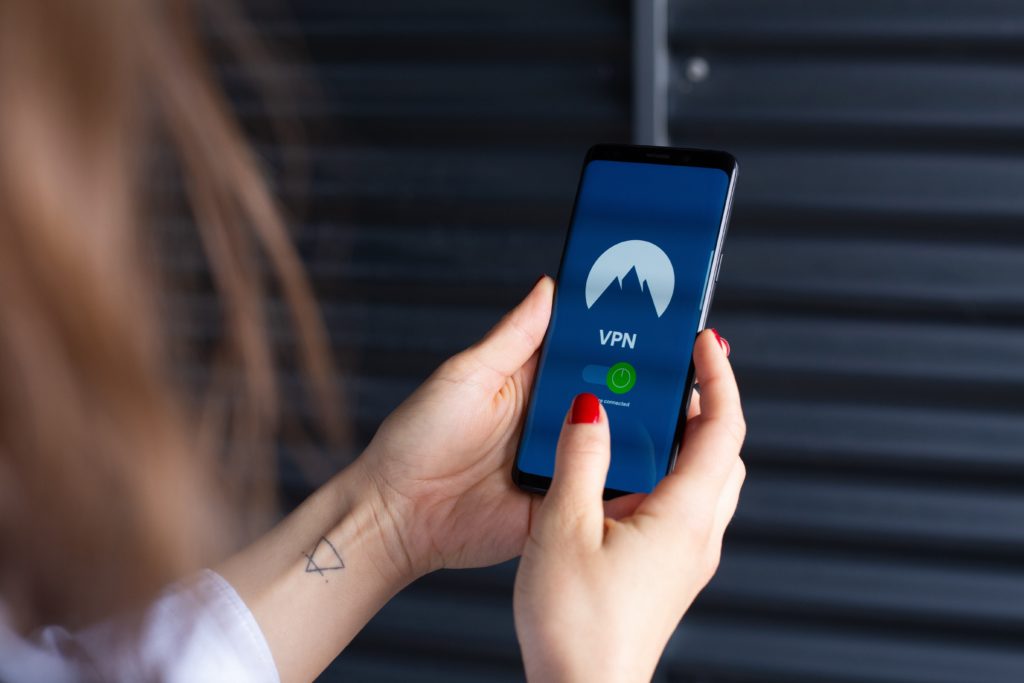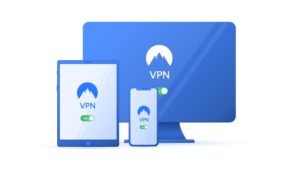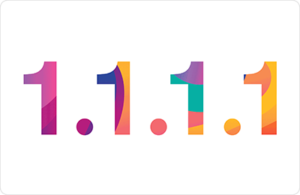 If you’re like me, you keep a lot of sensitive data on your smartphone. Using public WI-FI in places like hotels, restaurants and coffee shops is very convenient – however your phone and more importantly, your phone’s data is at risk of falling into the wrong hands. Here is a way of minimising the danger, a VPN service can be installed on your smartphone.
If you’re like me, you keep a lot of sensitive data on your smartphone. Using public WI-FI in places like hotels, restaurants and coffee shops is very convenient – however your phone and more importantly, your phone’s data is at risk of falling into the wrong hands. Here is a way of minimising the danger, a VPN service can be installed on your smartphone.
VPN stands for virtual private network and if you turn on this service before connection to a public WI-FI. It will stop the snoopy crooks from viewing your data while you’re using public WI-FI.
Some VPN services have other security benefits such as blocking malicious websites while your browsing.
I have emphasised Mobile devices above however, VPN’s are very useful for Desktop computers as well.
So, what is a VPN?
The simple answer is, a VPN is a software program running on a PC, MAC, Mobile or a internet router that disguises your connection to the Internet and encrypts your Internet traffic. It achieves this by setting up a connection from your computer or device server at another location. The location could be anywhere in the world. Your traffic becomes part of the outbound data stream from the connected server. OK so you may ask – How does this help me with security? Most people use a commercial VPN provider but it is possible to create and maintain your own VPN server if you want total control.
The main uses for VPN’s are:
Encryption:
The connection between you and the VPN server is secure because its encrypted. That hacker trying to steal your data while you do your banking using the local coffee shop WI-FI may be able to see the data streaming through the connection. Your data – being encrypted looks like a meaningless stream of gibberish.
Privacy:
Many search engines harvest your data and log your online activity. Do you get annoyed if you do an internet search for a specific topic, only to magically start getting ads for related products and services? I know I do.
I feel uncomfortable that Search and Social media companies have so much data about me, seemingly collected without my knowledge and arguably without my consent.
Location:
A VPN makes it look like your connection is coming from somewhere else, This ensures greater privacy, because of the encrypted traffic your activity is hidden from your ISP mobile carrier or your government if that is a concern for you. It prevents Agencies from collection of Meta Data. In these days of more negative government interference, you may decide to use a VPN so your Meta Data is protected.
Frequency of Use.
 I use a VPN as often as possible, to protect myself from malicious browser traffic and to cut down on the amount of data that search engines and social media has of mine.
I use a VPN as often as possible, to protect myself from malicious browser traffic and to cut down on the amount of data that search engines and social media has of mine.
Everyone who uses the Internet has a different set of reasons why a VPN may be of use to them. VPN Providers all have different features and pricing.
The main points to consider in order of importance when shopping for a VPN are:
Logging:
Does the VPN supplier keep records? The most trustworthy do not log your activity.
Points of Presence:
Do the VPN servers have lots of locations, especially nearby?
Will connecting to a VPN slow down your Internet connection? There must be a speed loss due to the connection and encryption but is it still nice and quick?
Features:
One of the main reasons that I use NordVPN, my current VPN provider is that it will give me protection from malicious websites, popup and embedded advertising. I use Mac, Windows, Android IOS and Linux and it will run right across all of my devices.
Unfortunately, some sites will block your VPN connection because they perceive that the cost of the content they supply gives them the right to feed you targeted ads.
A Kill Switch may be useful, especially for Journalists. A Kill Switch will instantly close the program (i.e. your browser) in the event the VPN connection is inadvertently lost.
Service Provider Country of Origin:
I am reluctant to purchase software, especially a program like a VPN from a company that is from a country I do not trust. I don’t need to get any more specific than that.
Ease of Use:
Many VPN applications are designed for the more technically savvy individual. Pick a VPN that is easy to use, and easy to connect and disconnect.
Price:
Goes without saying, you purchase what you can afford. If you are thinking about using a free VPN service, you might wish to investigate how they can support the connection without your subscription contribution.
Remember if the product is free you are usually the product.
 The exception to the above comment about free VPN’s is Cloudflare’s 1.1.1.1 service which has an optional VPN. It gives very good protection from data harvesting, malware, pornography and other nasty content. It also encrypts traffic to the Cloudflare portal in the same way as a VPN.
The exception to the above comment about free VPN’s is Cloudflare’s 1.1.1.1 service which has an optional VPN. It gives very good protection from data harvesting, malware, pornography and other nasty content. It also encrypts traffic to the Cloudflare portal in the same way as a VPN.
This app is currently available as an app for IOS and Android. Mac and PC versions will be available in the future. If you want some protection from malware and pornography on your desktop PC or Mac while your waiting, check out this hack .
Cloudflare offers accelerated traffic via an upgrade to Warp +. I have been testing this now for a couple of months on Android and I am still debating if it truly speeds up my connection. 1.1.1.1 is very good security without installing a VPN.
In conclusion
I am not going to give any recommendations as we all have different requirements.
Most of the VPN services offer a free trial. I used quite a few either in a trial or 1-month subscription before I chose my current provider.
There are squillions of articles about various VPN’s. Some are not even biased.
Please be aware that I am not affiliated with any companies that provide VPN software. Any recommendations I make are based on my own research and personal use.